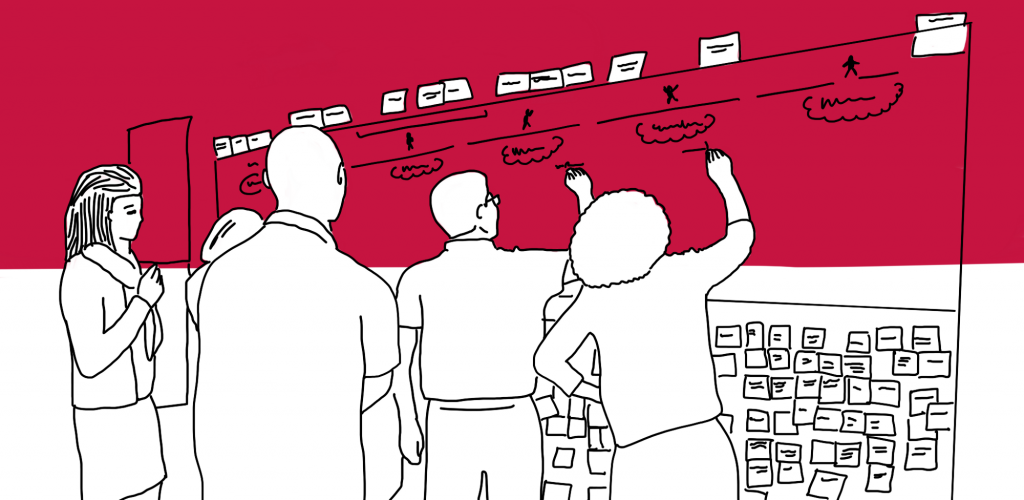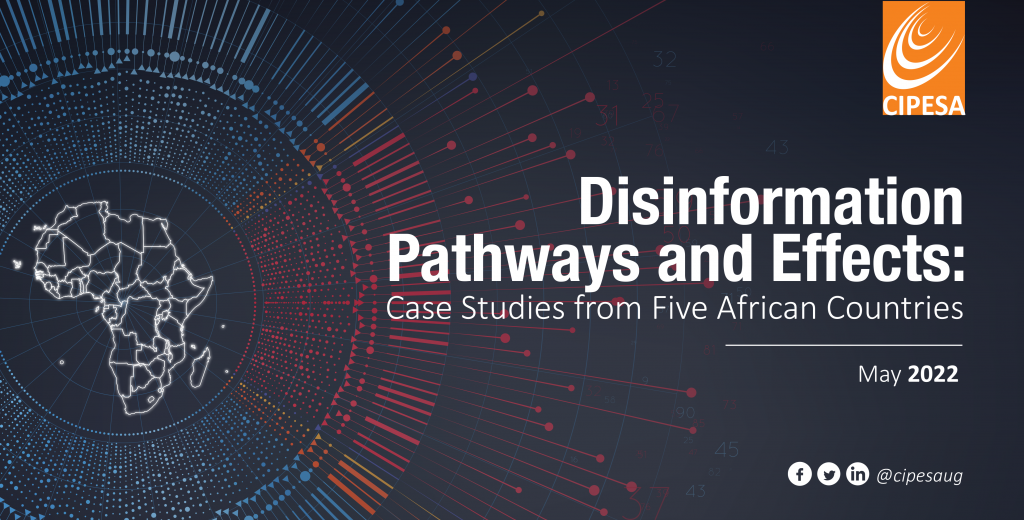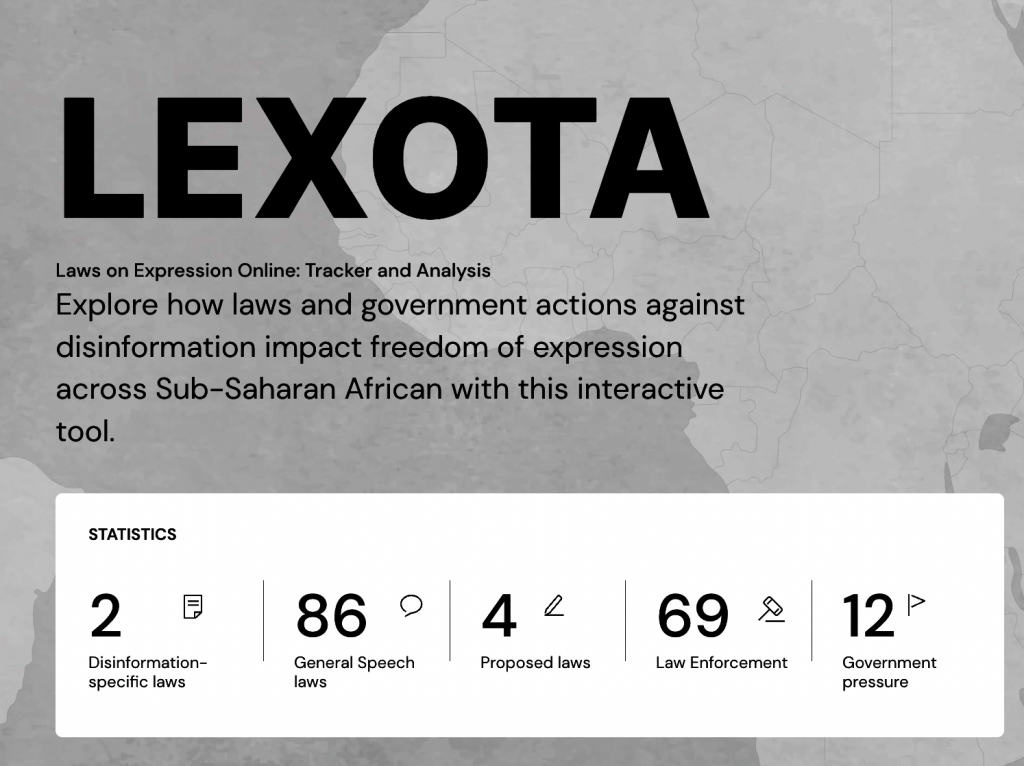By Ashnah Kalemera |
Ten initiatives, with interventions spanning seven African countries, are the recipients of total funding of USD 82,000 under the sixth round of the Africa Digital Rights Fund (ADRF). The supported initiatives are focused on promoting effective data governance in Kenya, Nigeria and Senegal; countering gendered and election-related misinformation and disinformation in Kenya, South Sudan and Uganda; building digital resilience within the media fraternity in Ghana, Nigeria and Uganda; promoting digital inclusion in Uganda and Kenya; and grassroots-based movements for internet freedom in South Africa.
These latest grants bring to USD 649,000 the sum of funding provided by the ADRF in sub-grants since its establishment in April 2019. A total of 52 initiatives covering 39 countries have been covered by the ADRF, which offers flexible and rapid response grants to select initiatives in Africa to implement activities that advance digital rights.
Promoting Effective Data Governance Policy and Practice
In June 2021, Senegalese President Macky Sall launched a national data centre to promote data sovereignty in line with the country’s Digital Strategy 2025. State agencies are required to host all their data at the China-backed data centre. Jonction Senegal will conduct a study on the data localisation, biometric databases and digital ID landscape in Senegal. The findings of the study will feed into stakeholder engagement and advocacy for participatory and inclusive data governance frameworks in Senegal.
As part of the Kenya Internet Governance Forum (KeIGF) 2022, the Kenya ICT Action Network (KICTANet) will convene a dialogue on public health data governance frameworks and practices in Kenya. With a focus on Covid-19, the dialogue will explore government data collection and processing as part of contact tracing efforts and citizens’ experiences, towards informing engagement with the newly established Data Protection Commission.
According to the Global Entrepreneurship Monitor (GEM), Nigeria is among the countries with the highest number of women entrepreneurs, most of whom conduct their business online. With the increasing prevalence of cyber attacks and fraud, the success of women-owned Small-Media Enterprises (SMEs) in the country is under threat. Tech Hive Advisory and Ikigai Innovation Initiative will conduct a study on the data governance and cyber security challenges and needs of women-owned SMEs in Nigeria. The findings of the study will feed into the development of a toolkit and capacity building of up to 250 online SMEs in data protection and cyber security practices that improve their sustainability and competitiveness. The project is expected to cover four regions – Lagos, Abuja, Kaduna and Ibadan.
Building Digital Resilience in the Media Sector
Under the second round of ADRF, iWatch Africa was supported to track, document, and analyse online abuse and harassment against journalists and rights activists covering political and societal issues in Ghana. In partnership with the Ghana Police and the Commission on Human Rights and Administrative Justice (CHRAJ), iWatch Africa developed draft guidelines for the prevention of online abuse and harassment and continued to undertake advocacy in the field while engaging stakeholders on legal support for victims to seek redress.
Building on the foundations of the project, iWatch Africa will engage newsrooms in Ghana and Nigeria on online safety for women journalists. Based on the Keeping Journalists Safe Online: A Guide for Newsrooms in West Africa and Beyond, iWatch will support 20 newsrooms in developing reporting guidelines and protocols for online abuse and conduct capacity-building training for editors and journalists. The intervention will be reinforced by an online campaign against harassment of journalists.
Similarly, in Uganda, the Northern Uganda Media Club (NUMEC) will host trainings and dialogues with editors, journalists and content creators in five districts – Gulu, Kitgum, Lira, Adjumani and Pader – on digital safety and online harassment. The engagements will be informed by a survey on the extent of use of digital platforms by media houses in these districts. NUMEC is one of only a few media development organisations based out of Uganda’s capital, Kampala.
Countering the Information Disorder
KICTANet will convene a second dialogue around the KeIGF 2022 e focused on disinformation in the run-up to the August 2022 elections. Based on the findings of a study on Disinformation Pathways and Effects on Democracy and Human Rights, the dialogue will deliberate on ways to tackle the disinformation eco-system of Kenya’s political sphere as the polls draw nearer.
Meanwhile, through campaigns and convenings, Her Internet will explore gendered misinformation and disinformation online. With a focus on sexual minorities and sex workers in Uganda, the project will work to build awareness and understanding of the effects and perpetrators of gendered misinformation and disinformation attacks online and build alliances and networks as support systems for mitigating the impact and countering the false narratives.
In South Sudan, DefyHateNow will leverage its track record in combating online hate speech and incitement to violence to engage journalists, social media users and grassroots communities on disinformation and cybersecurity in the face of the implementation of the Revitalised Agreement for the Resolution of Conflict in the Republic of South Sudan, which is expected to pave way for elections in 2023. The organisation will conduct monthly fact-checking and safety online meetups. The meetups will also aim to build community trust circles for information verification through the fact-checking platform https://211check.org/. DefyHateNow will also conduct radio and social media campaigns on disinformation and misinformation dubbed #FactsMatter and #DigitalWellness, and award cyber security fellowships with placements in local civic organisations in line with its https://safetycomm.org platform.
Promoting Digital Inclusion
Media Focus on Africa will host training and dialogues with journalists in the Northern Uganda districts of Soroti, Moroto, Arua, Lira, Gulu and Kabale on the digital divide and effective coverage of digital exclusion of rural communities, women, and persons with disabilities in the respective districts.
For its part, the Kenya National Association for the Deaf will study the digital access and literacy levels among the hearing impaired in eight counties in Kenya. Through a blend of focus group discussions, key informant interviews, surveys and questionnaires, the research will cover Nairobi, Migori, Busia, Machakos, Nyeri, Nandi, Wajir, and Kilifi. The findings of the study will inform stakeholder engagements including with national and county governments on digital accessibility for persons with disabilities and inclusive policies.
Coalition Building for Internet Freedom Advocacy
In South Africa, Yetu Info Tech Collective will work to establish a community of human rights defenders and civil society organisations campaigning for internet freedom across five provinces. Starting with a national conference, Yetu Info Tech Collective will engage up to 70 organisations on local trends on access, affordability, censorship and surveillance as priority advocacy areas. The conference will be followed with the development and piloting of a Moodle course on collective action and activism for internet freedom in South Africa. The organisation will also provide ongoing support to members of the coalition in campaign development and execution.
The ADRF was established in recognition that technology had become pivotal to promoting livelihoods and human rights on the continent but there was need to strengthen local capacity in evidence-based research, collaborative advocacy and impactful policy engagements responsive to regulatory and practice developments that affect internet freedom in Africa.
The ADRF’s supporters have included the Centre for International Private Enterprise (CIPE), the Ford Foundation, the Swedish International Development Cooperation Agency (Sida), the German Society for International Cooperation Agency (GIZ), and the Omidyar Network.




